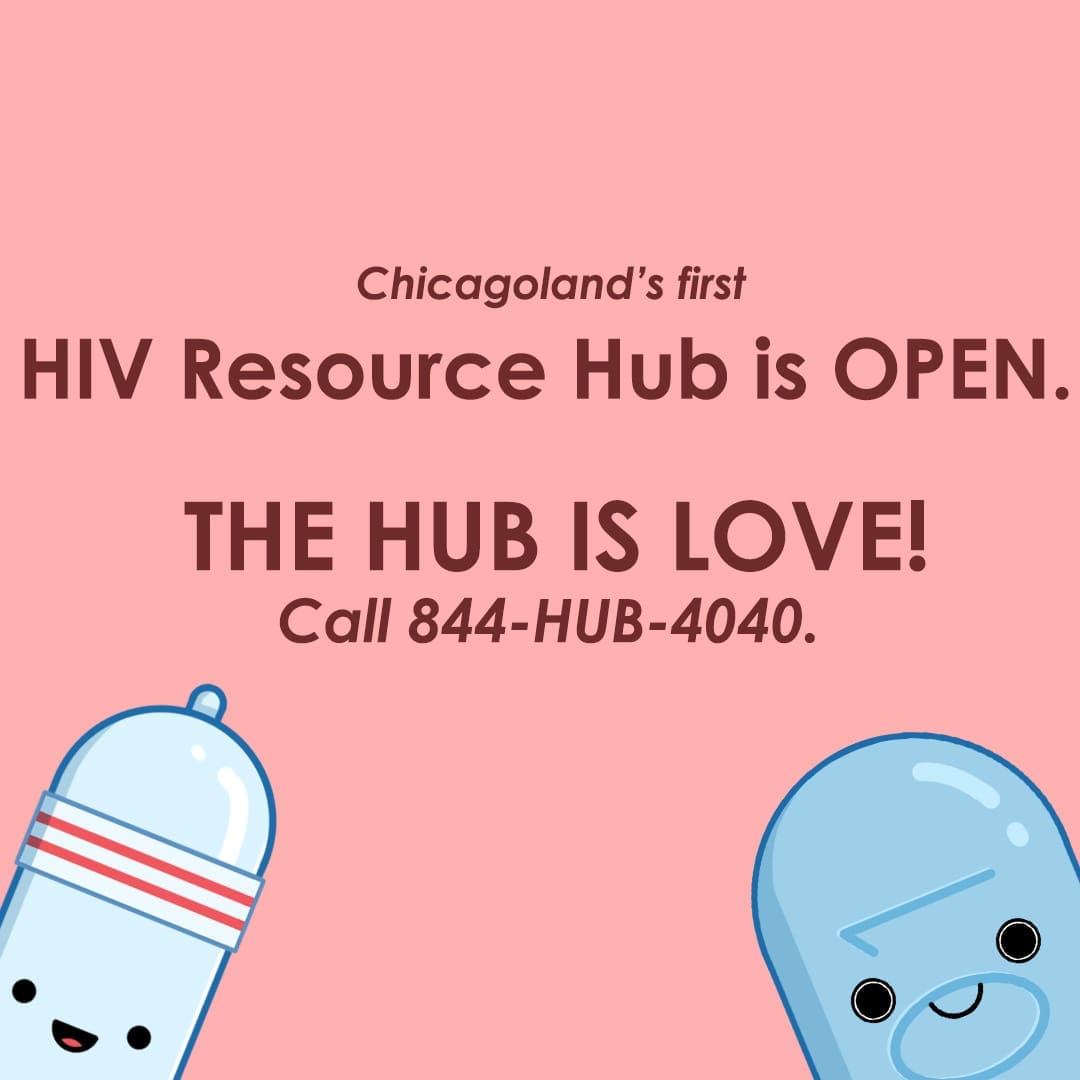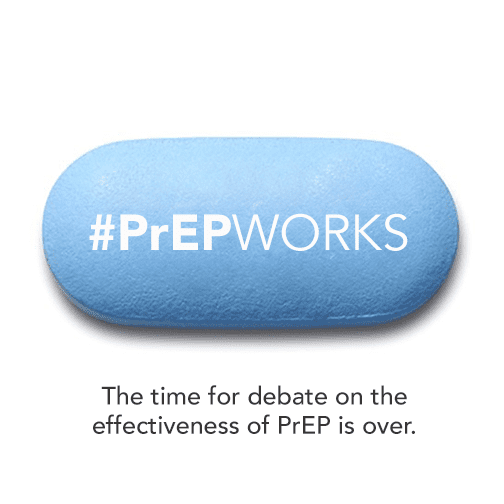Remember when we could swipe through Tinder, meet up with someone new and later have an amazing sexual encounter? Though the novel coronavirus (COVID-19) is keeping us indoors, the time will come when we’re able to enjoy in-person sex outside our homes. When that day arrives, you’ll want to know what preventive options are available.
Thankfully, you have options to prevent a possible HIV transmission now and in the future. Treatment as prevention regardless of one’s HIV status is critical to ending new transmissions of HIV and bringing us closer to getting to zero. Here is some information about HIV prevention options currently available to you!
n-PEP (Non-Occupational Post-Exposure Prophylaxis) a.k.a. PEP
What is PEP?
PEP involves taking antiretroviral (ART) drugs for one month after possible HIV exposure to prevent someone from contracting HIV. While taking PEP does not guarantee that a person will not acquire HIV, it is an effective HIV prevention method.
Who is it for?
You should consider taking PEP if:
- You think you may have been exposed to HIV during unprotected penetrative vaginal or anal sex (for example, you were not taking PrEP, the condom broke, you did not use a condom, you were unaware of your partner’s HIV status, or you were unaware of an HIV-positive partner’s viral load)
- You shared needles while injecting drugs.
- You were sexually assaulted.
What do I need to know about PEP?
PEP must be started within 72 hours of possible exposure — the sooner the better. Every hour counts. PEP is also intended for emergency use and is not a sustainable method of HIV prevention. If you find yourself needing PEP more than once, you might want to consider taking PrEP (see more about PrEP below).
How do I get PEP?
PEP is covered by most private insurance plans and Medicaid but there are resources if you are uninsured and would like to take PEP. Click here to find a nearby health center in Chicago or visit your nearest emergency room to get access to PEP.
PrEP (Pre-Exposure Prophylaxis)
What is PrEP?
PrEP is a daily prevention pill and program for people who are vulnerable to getting HIV that helps them stay HIV-negative. Taken daily, PrEP is up to 99% effective at preventing HIV. PrEP is considered very safe, but must be taken under a doctor’s orders.
Who is it for?
You might consider PrEP if:
- You don’t always use condoms when you have anal or vaginal intercourse.
- You don’t always ask your sexual partner(s) to wear a condom.
- You have been diagnosed with a sexually transmitted infection in the last six months.
- You’re unsure of the HIV status of your sexual partner(s).
- You’re in a relationship with someone living with HIV who may or may not be on HIV treatment.
- You are a person who injects drugs or in a sexual relationship with a person who injects drugs.
- You’re HIV-negative and interested in PrEP.
What do I need to know about PrEP?
The PrEP program is more than taking a daily pill. It also consists of regular clinic visits to ensure you remain HIV-negative, to check for sexually transmitted infections and provide treatment as necessary, and to provide counseling and other supportive services.
treatment as necessary, and to provide counseling and other supportive services.
How do I get PrEP?
PrEP is covered by most insurance programs as well as Medicaid. The level of your coverage will vary by the type of health insurance plan you have, but there are also assistance programs that can help you pay for PrEP, regardless of your citizenship status or whether you are insured or not. If you are an Illinois resident, your PrEP prescription is FREE. Visit prep4love.com for more information about PrEP, and visit prep4illinois.com for more information about coverage in Illinois.
U=U (Undetectable equals Untransmittable)
What does U=U mean?
If a person living with HIV is on successful antiretroviral treatment — meaning their viral load (the amount of HIV circulating in the blood of a person living with HIV) is “undetectable” — it means they can’t transmit HIV sexually to their partners.
What do I need to know about U=U?
Not everyone living with HIV on antiretroviral treatment will achieve an undetectable viral load for a number of reasons. We must support all people living with HIV to make the healthiest choices they can, and never shame or judge someone for their treatment choices or their inability to become undetectable.
How do I get HIV treatment?
If you are a person living with HIV, talk with your health care provider about U=U or get connected to a case manager and HIV-related services by calling the AIDS Foundation of Chicago at 312-690-8860. You can also learn more about U=U at preventionaccess.org.
Pass along your sexpertise!
Now that you know your options, you can head into next weekend feeling liberated, equipped and ready for action! Need a boost? Join our community of celebrated sexperts who help normalize conversations about sex and sexual health! Play a little bingo while ya at it!

